Why Malware Crypting Services Deserve More Scrutiny
Krebs on Security
JUNE 21, 2023
If you operate a cybercrime business that relies on disseminating malicious software, you probably also spend a good deal of time trying to disguise or “crypt” your malware so that it appears benign to antivirus and security products. In 2010, someone with the username Pepyak on the Russian language affiliate forum GoFuckBiz[.]com

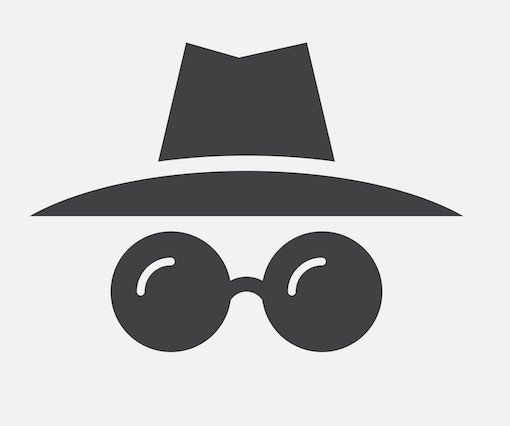
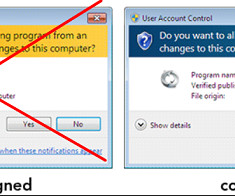

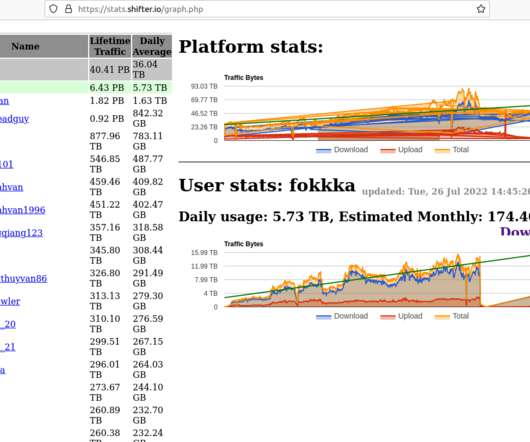
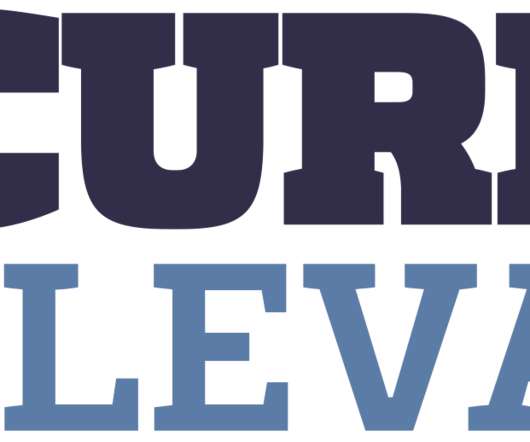
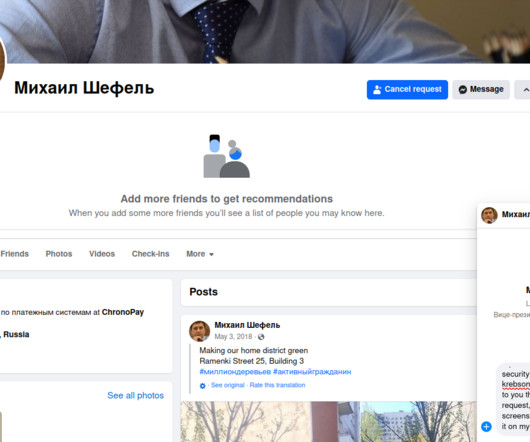

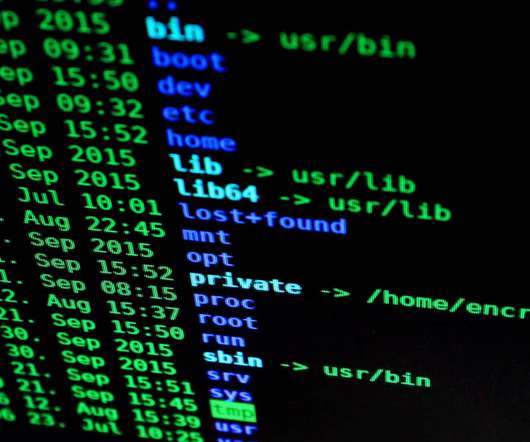








Let's personalize your content